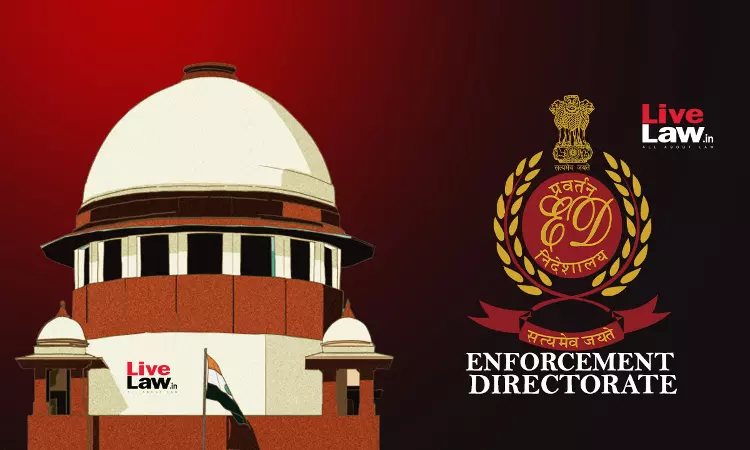Supreme Court Reserves Judgment On Petitions Challenging ED Director's Term Extension & CVC Amendment Act 2021
Awstika Das
8 May 2023 5:18 PM IST

The bench also said its 2021 Common Cause decision needed reconsideration, but the Centre did not press that argument.
Next Story


